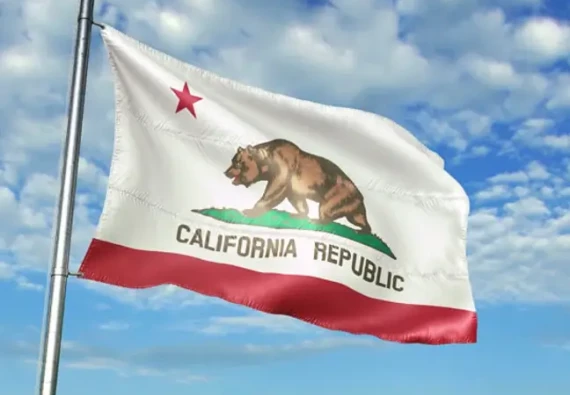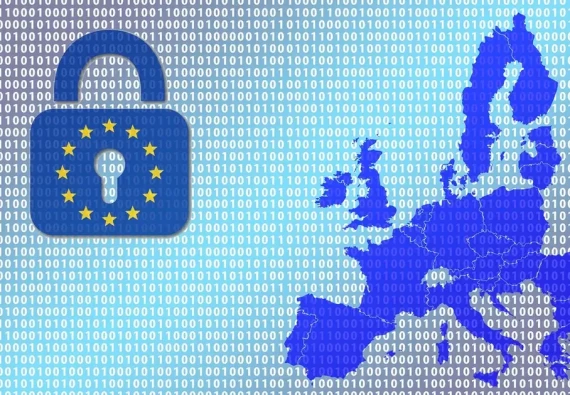The General Data Protection Regulation (GDPR) is a set of regulations introduced by the European Union in 2018 to protect the privacy and personal data of its citizens. It applies to any organization, regardless of its location, that processes the data of individuals residing in the EU. The regulation includes provisions for obtaining consent, the right to access and erasure, data portability, and mandatory reporting of data breaches.
Related Posts
-

Post Categories
- Data Privacy
California's Prop 24 Expands Privacy Protections—Enforcement Agency to be Established
On November 3, Californians overwhelmingly passed Proposition 24, a ballot initiative that will require businesses to comply with some of the most expansive consumer privacy laws in the country. The proposition, also known as the California Privacy Rights and Enforcement Act of 2020 (CPRA), gives California residents additional control over personal information collected by businesses, imposes new compliance obligations for some businesses, and creates a new state agency to enforce consumer privacy laws.
-

Post Categories
- Startups
Can I Copy Another Company's Terms of Service or Privacy Policy?
Admit it—you or someone you know has probably done this at some point. But how bad is it really?
-

EU Court Invalidates EU-US Privacy Shield
Read about the landmark decision that invalidated the U.S.-E.U. Privacy Shield.
-

Post Categories
- Data Privacy
Privacy Policies
Think privacy policies are just boilerplate text for your business? Think again! Discover the critical role of these policies and get practical tips on implementing them correctly.




